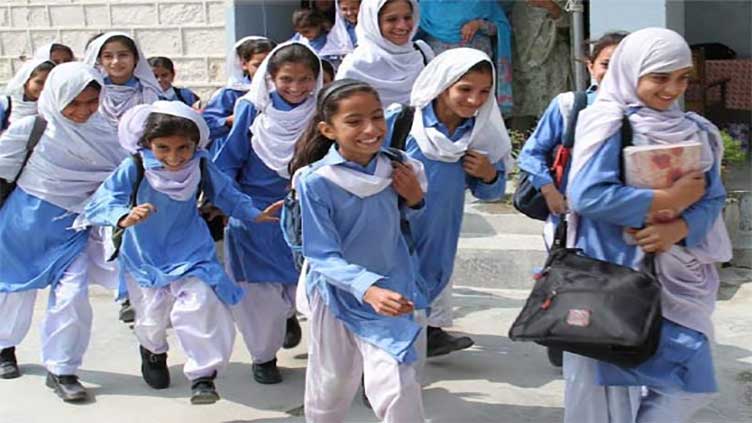Islamabad, Apr 9, 2025: In response to alarming temperature forecasts, the Punjab Provincial Disaster Management Authority (PDMA) has advised both the School Education and Higher Education Departments to implement urgent precautions to safeguard students and faculty from the intensifying heat.
The PDMA has formally communicated with all divisional commissioners and deputy commissioners across the province, directing them to activate heatwave safety protocols immediately.
Authorities should consider revising academic schedules and potentially initiating summer breaks earlier than scheduled to shield children from hazardous weather conditions.
Educational institutes must guarantee continuous access to safe, cool drinking water on school premises.
Additionally, schools should encourage students to dress in breathable, light-colored, and loose-fitted attire to minimize the risk of heat-related illnesses during the current weather phase
Experts have cautioned that extended exposure to excessive heat can significantly compromise the well-being of school-going children, particularly in cramped classrooms lacking proper ventilation systems.
This advisory comes after the Meteorological Department forecasted unusually high temperatures in the coming days.
Read More: Habib University Launches IDEAL to Transform Education
In some regions, temperatures may climb 4 to 7 degrees Celsius above the seasonal average, prompting immediate concern from health and disaster management authorities.
On Tuesday, the PDMA issued detailed recommendations to relevant government departments to prepare for the heatwave.
The Director General of the agency highlighted that key urban centers, central plains, and especially the districts in southern Punjab will experience the hardest hit from extreme weather conditions.
Authorities have instructed local administrations to arrange cooling shelters and ensure the availability of medical aid and drinking water in public areas.
Officials have directed school administrators to suspend all outdoor activities during peak heat hours to prevent potential heatstroke incidents.
Meanwhile, the agricultural departments are educating farmers on how to minimize damage to crops under soaring temperatures.
Major transport terminals, such as bus stations and railway platforms, are displaying informational banners and warning signs to spread public awareness.
With the heatwave intensifying, the PDMA’s proactive measures aim to reduce health hazards and keep the population informed and protected.
Timely coordination among government bodies and swift implementation of these safety strategies will be critical in managing the effects of this seasonal threat.









